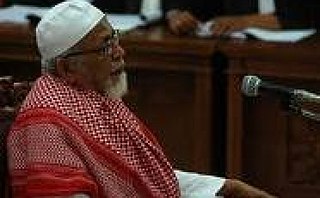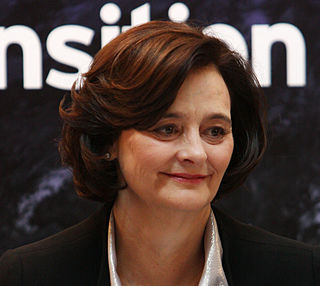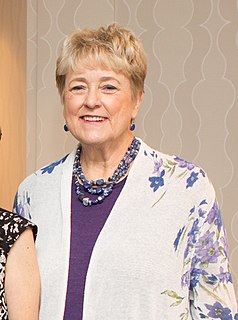A Quote by Jeannette Rankin
How can people in other countries who are trying to grasp our plan of democracy avoid stumbling over our logic when we deny the first steps in democracy to our women?
Related Quotes
The human heart is the first home of democracy. It is where we embrace our questions: Can we be equitable? Can we be generous? Can we listen with our whole beings, not just our minds, and offer our attention rather than our opinion? And do we have enough resolve in our hearts to act courageously, relentlessly, without giving up, trusting our fellow citizens to join us in our determined pursuit-a living democracy?
I am a Mexican. The United States lived seventy-five years with the one party system in Mexico - the PRI - without batting an eyelid, never demanding democracy of Mexico. Democracy came because Mexicans fought for democracy and made a democracy out of our history, our possibilities, our perspectives. Democracy is not something that can be exported like Coca-Cola. It has to be bred from the inside, according to the culture, the conditions of each country.
When we talk about Cuban democracy we are referring to participatory democracy which is big difference with representative bourgeois democracy. Our is a democracy in which everything is consulted with the people; it is a democracy in which every aspect and important decision that has an impact in the life and society of the people, is done in consultation.
I had a really unusual, remarkably unusual father because he, in our family, was the one that suffered the most. He was the one that explained American democracy to me. He said, ‘Our democracy is a people’s democracy and it can be as great as people can be, and it can be great… but we are also fallible human beings.’
































